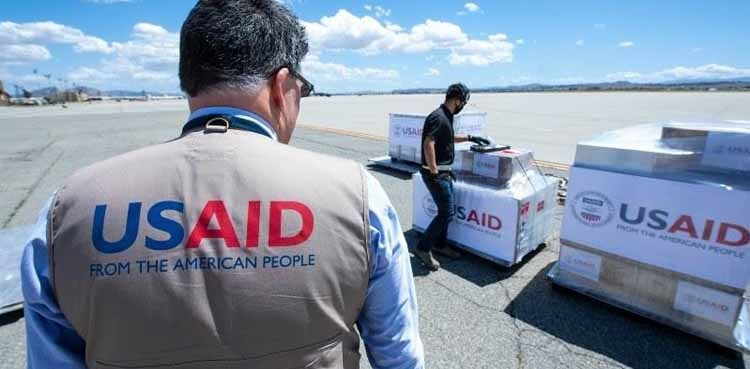
While we are in the habit of renaming things, I am going to call on President Trump to rename USAID to USWAMP - The United States Wealth Appropriation & Misallocation Program
Because in reality, USAID Drains taxpayer money to fund inefficient globalist pet projects while ignoring domestic needs.
The U.S. Agency for International Development (USAID) was established with noble intentions: to prevent global conflicts, promote democracy, protect human rights, alleviate suffering, foster sustainable economic growth, and safeguard the environment. However, over the decades, USAID has morphed into a sprawling bureaucracy, often channeling taxpayer money into inefficient projects that do little to advance American interests or global stability.
A History of Waste and Mismanagement
Numerous instances highlight USAID's inefficiencies and missteps:
Afghanistan Reconstruction: The U.S. invested hundreds of billions in Afghanistan, with USAID overseeing significant portions. Reports indicate that substantial amounts were lost to waste, fraud, and abuse, with projects failing to deliver intended outcomes.
Iraq Community Stabilization Program: USAID awarded $644 million to International Relief and Development Inc. (IRD) for a jobs and public works program in Iraq. Audits revealed that millions of dollars may have been siphoned off by insurgents, leading to the suspension of IRD's work due to evidence of phantom jobs and possible financial support to insurgents.
Peru Sterilization Scandal: In the 1990s, USAID was implicated in funding programs in Peru that led to the forced sterilization of approximately 300,000 indigenous women, raising serious ethical concerns about the agency's oversight and the unintended consequences of its initiatives.
Misaligned Priorities
Beyond financial waste, USAID has often pursued agendas that many Americans find contentious. For instance, the agency has been involved in promoting specific social policies abroad, such as LGBTQ+ initiatives and environmental projects, which rarely align with the cultural values of the recipient countries or the priorities of U.S. taxpayers. This not only leads to ineffective use of funds but can also foster resentment towards the U.S. - the opposite of USAID's stated purpose.
A Call for Reform
Given these challenges, it's imperative to reconsider how the U.S. engages in international aid. Instead of funneling billions through a centralized government agency susceptible to waste and political agendas, we should empower individual Americans and private organizations to lead charitable efforts.
Harnessing American Generosity
Americans are among the most generous people globally. By providing tax incentives, subsidies, and other support mechanisms, the government can encourage private citizens, faith-based groups, and non-governmental organizations to take the lead in international aid. This approach offers several benefits:
Efficiency: Private organizations often operate with lower overhead and can respond more swiftly to needs on the ground.
Alignment with Donor Intent: Individuals can choose causes that resonate with their values, ensuring that aid aligns with the diverse perspectives of the American populace.
Building Genuine Goodwill: Aid delivered through private channels can foster authentic relationships between Americans and global communities, free from the political baggage that government-sponsored aid might carry.
It's time to rethink America's approach to foreign aid. By downsizing or reorganizing USAID and promoting private charitable initiatives, we can reduce waste, respect the diverse values of American taxpayers, and build genuine goodwill worldwide. Empowering individuals and communities to lead in generosity not only reflects the American spirit but also ensures that aid is effective, ethical, and aligned with our nation's true interests.

















